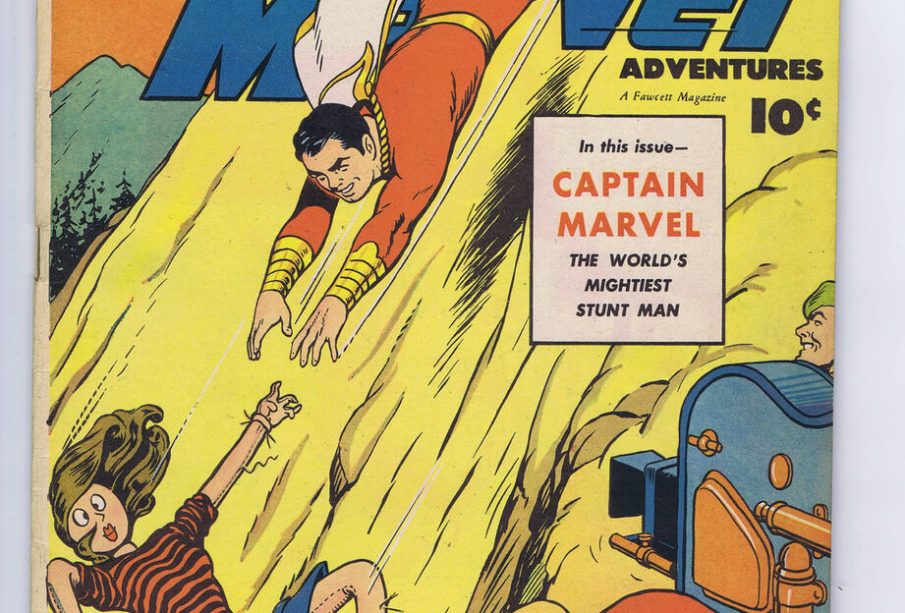The Rise of Captain Marvel: A Cultural Phenomenon

Introduction
Captain Marvel, one of Marvel Comics’ most prominent characters, has become a significant cultural icon since her debut in the late 1960s. Initially introduced as Carol Danvers, the character has evolved into a powerful superhero, reflecting changes in society and gender representation in comic books and films. Her importance extends beyond entertainment, symbolizing empowerment and resilience, particularly for female audiences. As Marvel continues to expand its cinematic universe, the relevance of Captain Marvel remains paramount.
Recent Developments
The character gained mainstream recognition following the release of the film “Captain Marvel” in March 2019, starring Brie Larson in the titular role. The film was a box-office success, grossing over $1.1 billion worldwide, proving that female-led superhero films can thrive in a competitive industry. This year also marked her significant role in “Avengers: Endgame,” where Captain Marvel was instrumental in the battle against Thanos, showcasing her abilities and establishing her as a powerhouse hero within the Marvel universe.
In recent months, Marvel has announced a sequel titled “The Marvels,” set to hit theatres in late 2023. This film will not only continue Captain Marvel’s story but will also include other characters from the Marvel Cinematic Universe, such as Monica Rambeau and Ms. Marvel. This expansion signifies a deeper commitment to representation in their storytelling, as it includes diverse characters and perspectives.
Significance and Impact
Captain Marvel has transcended traditional comic book narratives to become a symbol of strength and empowerment. Her character development illustrates the evolution of female superheroes in media, addressing themes of identity, strength, and acceptance. The character’s growing popularity is reflective of broader societal shifts toward gender equality and representation.
Moreover, the ongoing dialogue surrounding superhero films raises questions about diversity and representation in Hollywood. Captain Marvel’s success demonstrates a clear audience demand for more female-driven narratives, encouraging studios to invest in similar projects. This influence on the film industry underscores the importance of diverse storytelling in shaping cultural narratives.
Conclusion
As we look towards the future of the Marvel Cinematic Universe, Captain Marvel’s role is set to become even more pivotal. With her character continuing to evolve and influence new generations of fans, it is clear that Captain Marvel is not just a superhero; she is a cultural icon. The character’s impact resonates deeply within the discussions of gender and representation, making her relevance undeniable for years to come. The anticipated release of “The Marvels” signifies that audiences will continue to see her journey unfold and inspire.









